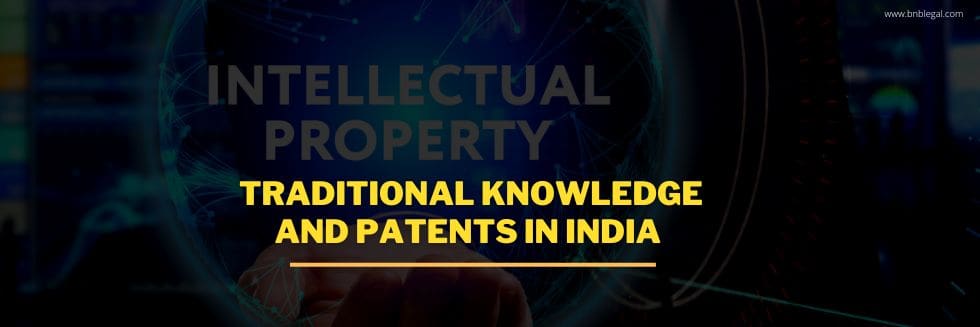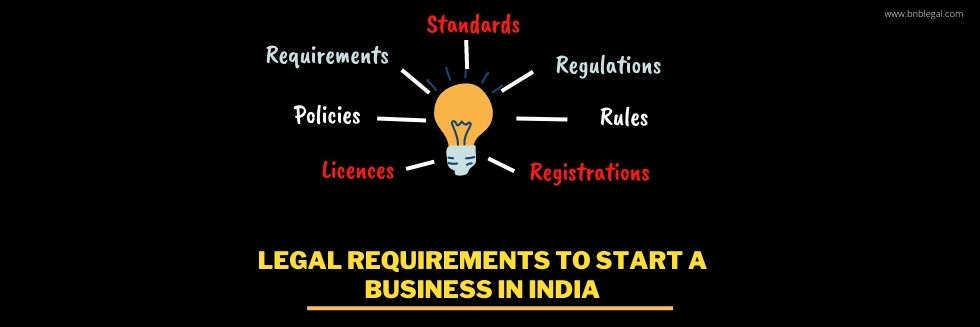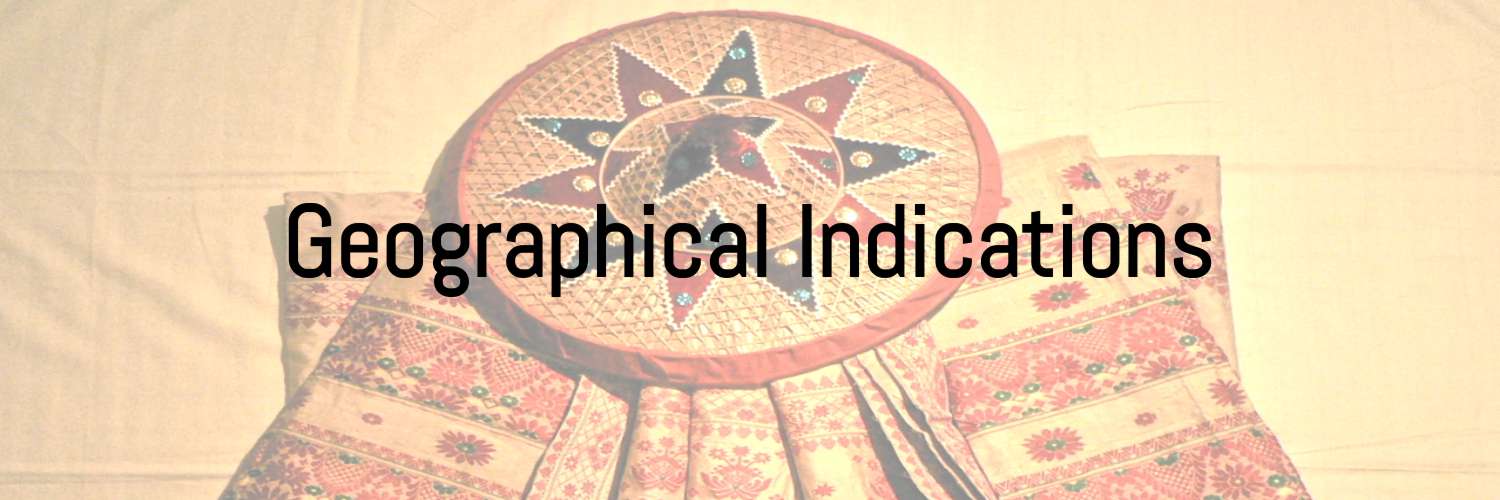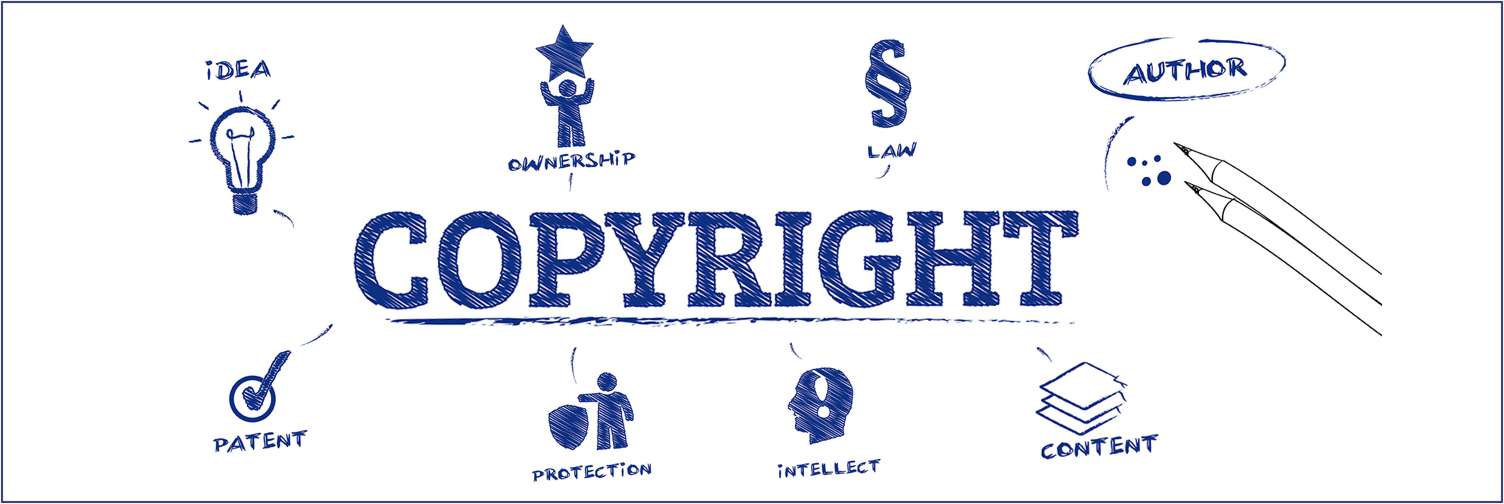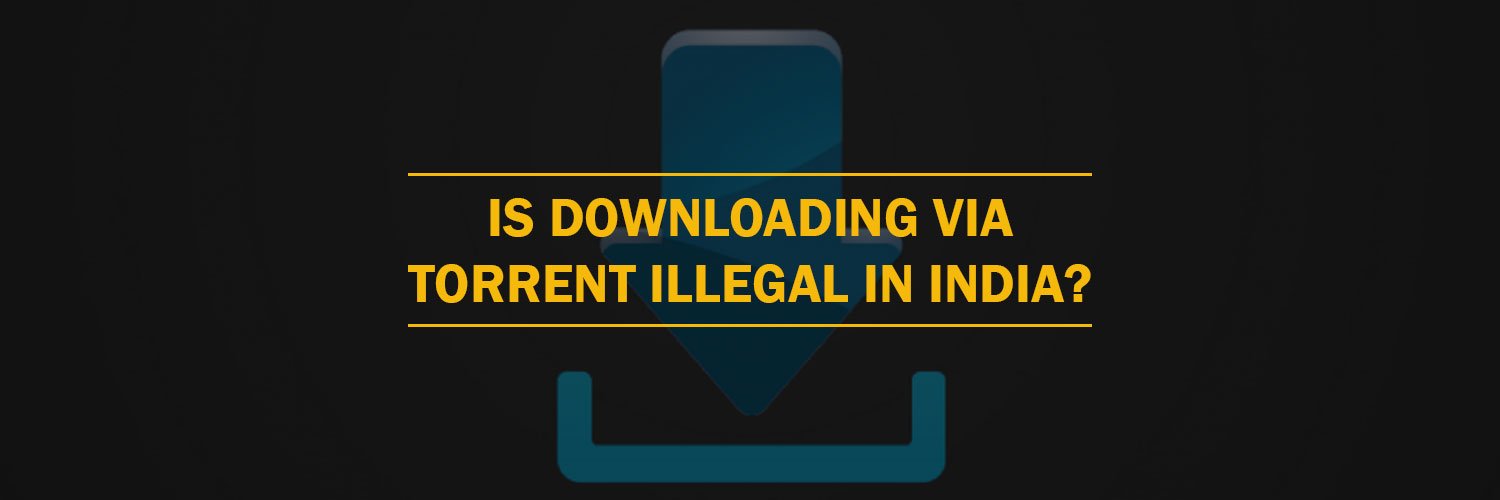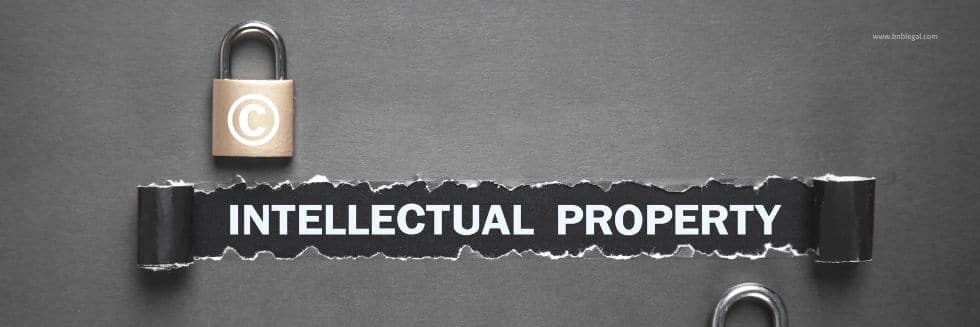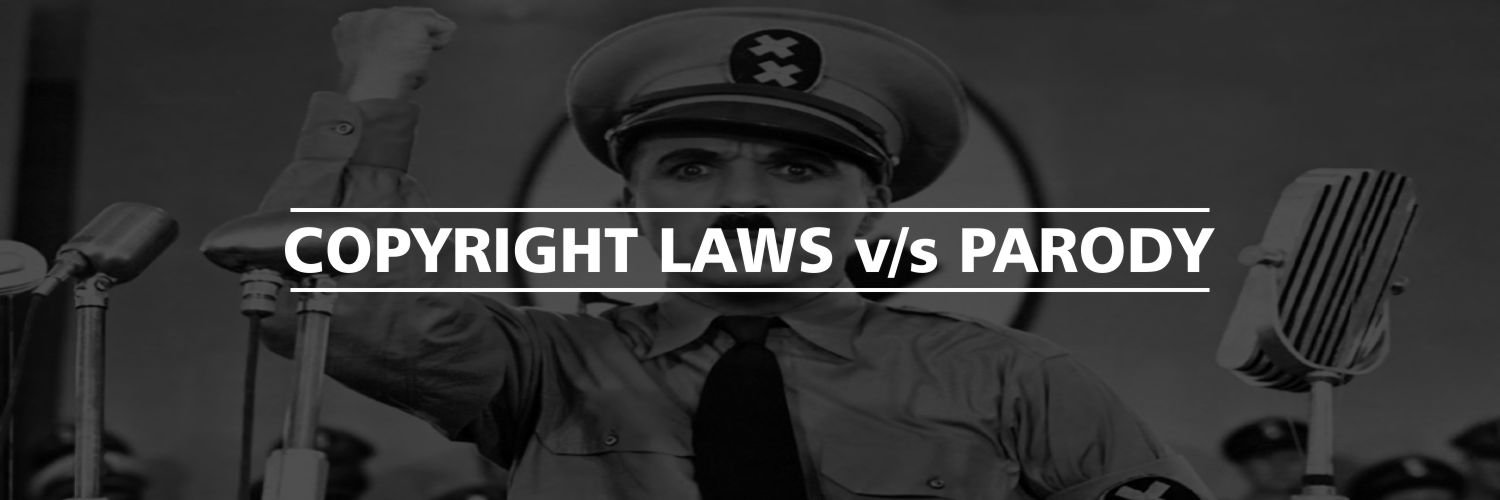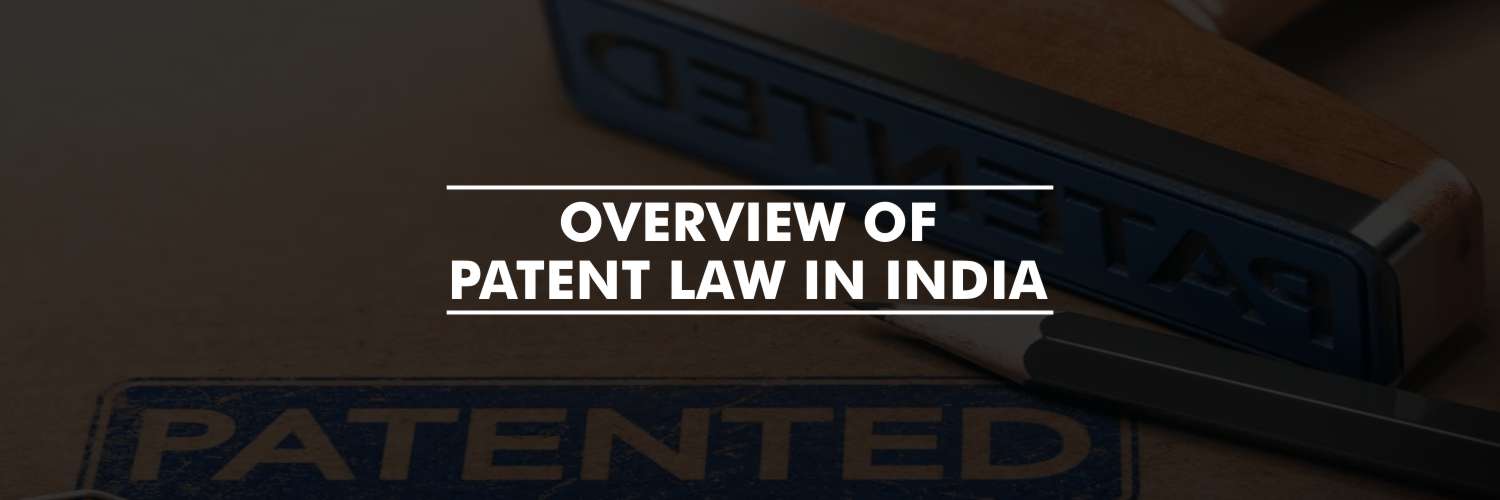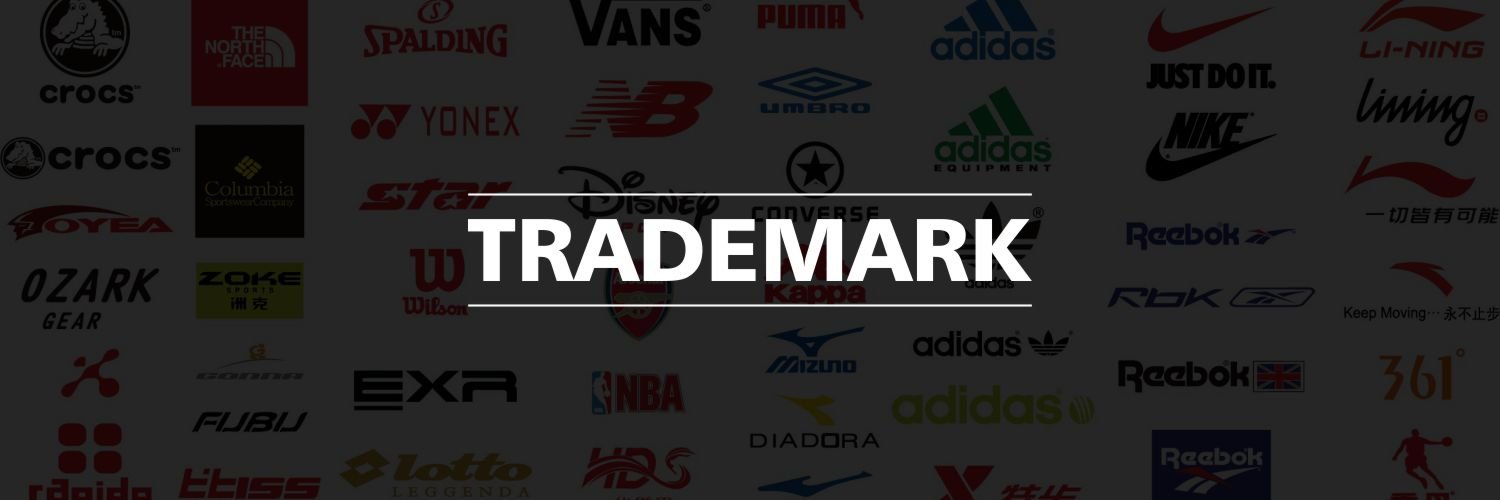Copyrights are one of the most used forms of IPR. However, due to the form in which they vest, has led to a lot of ambiguity as to their application. In this article we shall answer a few of the most Frequently Asked Questions regarding copyright.
1. Why to get copyright?
The owner of any copyright work has the exclusive right to do the following:
- Reproduce the work in any material form (includes storing the work in any medium)
- Make copies of work to public
- Communicate work to public, perform the work in public
- Make cinematograph film or sound recording
- Make translation of the work
- Make adaptation of the work
- Sell or give on commercial rent any copy of the computer programme
2. Who gets copyright?
The moment a work is created in a fixed form (not an idea), it becomes the property of the person who created the work i.e. the author. In case the work is for made for hire. Then the employer is considered as the author. Therefore, the original creator of the work or those who derive their rights through the author can claim copyright rightfully.
NOTE: mere transferring of ownership in a work to another person, does not automatically transfer the copyright rights. Hence, ownership and authorship are two separate terms under the act.
3. What kind of work is protected under copyright?
The copyright act 1957 specifically mentions that only “original” works that are fixed in a tangible expression will be granted copyright. It is not necessary that the work should have original thought or idea, what is important is that such idea or thought or oral expression are fixed and communicated with the help of a tangible medium. Copyrightable works included:
- Literary works- (includes computer programmes, tables and compilations, computer data bases)
- Dramatic works- (includes recitation, choreographic work, scenic arrangement, acting form fixed in writing, entertainment in dumb show) (not includes cinematographic film)
- Musical works- (includes graphical notations) (does not include words, action-sung or performed or spoken with the music)
- Artistic works- (a painting, a sculpture, a drawing (including a diagram, map, chart or plan), an engraving or a photograph, whether or not any such work possesses artistic quality, work of architecture, any other work of artistic craftsmanship)
- Sound recordings- (regardless of medium or method)
- Cinematograph films- (any work of visual recording on any medium, includes a sound recording accompanying such visual recording)
4. What cannot be copyrighted?
One of the most frequently asked questions on copyright is what cannot be copyrighted. As it turns out the answer is very complex indeed. Only the most Expert IPR and Copyright specialists can assist you in figuring out whether your work can be copyrighted.
- Idea, impressions that are not fixed in a tangible form (example speeches that have not been recorded, dance moves that have not been recorded or noted);
- Concepts, principles, discoveries, methods, short phrases, slogans, famous symbols, content listing, names, titles.
- Cinematograph film in which a substantial part is an infringement of the copyright in any other work
- Sound recording made in respect of a literary, dramatic or musical work, if copyright in such work has been infringed.
- Work of architecture no copyright shall subsist to processes or methods of construction.
- Works that have common knowledge, facts having no original authorship. (example list of public documents, standard chats etc.)
5. How to get copyright protection?
Copyright is an inherit right that is granted as soon a work is created. To create a work, it need to be fixed in a form so that it becomes valuable. There is no need for publication or registration however, if one gets a copyright registration done it adds up as an advantage. The registration of copyright work acts as a prima facia evidence in case there is a conflict. Registration is a first-hand presumption that the person in the register is the actual true author.
6. Time period for copyright protection to last?
As general setup for literary, dramatic, musical or artistic work, the copyright is for life of the author plus 60 years (counted from the year following the death of the author).
7. Can copyright be jointly owned?
The Copyright Act 1957 identifies the concept of Joint Ownership under Section 2
“work of joint authorship” means a work produced by the collaboration of two or more authors in which the contribution of one author is not distinct from the contribution of the other author or authors.
The protection so granted to the joint owners is life of the authors plus 60 years (calculated from the end of the calendar year in which the last known author dies).
8. Can software programmes be protected under copyright?
Yes, under the copyright act a software programme gets protection under ‘Literary work’. According to Section 2
“literary work” includes computer programmes, tables and compilations including computer literary data bases.
While going for registration of software programme under copyright, you need to provide ‘Source Code” along with the application.
9. What are Moral rights?
Under copyright act “special rights” are granted to the author of the work. These special rights are also termed as moral rights which exist independent to authors copyright. These rights survive even after the ownership of the authored work has been assigned wholly or partially to another person. The true original author has the right to claim for the authorship and restrain or claim damages with respect to any distortion, mutilation, modification, or other act in relation to the said work if such distortion, mutilation, modification, or other act would be prejudicial to his honour or repute. The protection with respect to moral rights of right against distortion sustain even after the expiry of the term of copyright.
This article explores some of the more important questions commonly and frequently asked about copyrights and how the IPR in a copyright vests.
